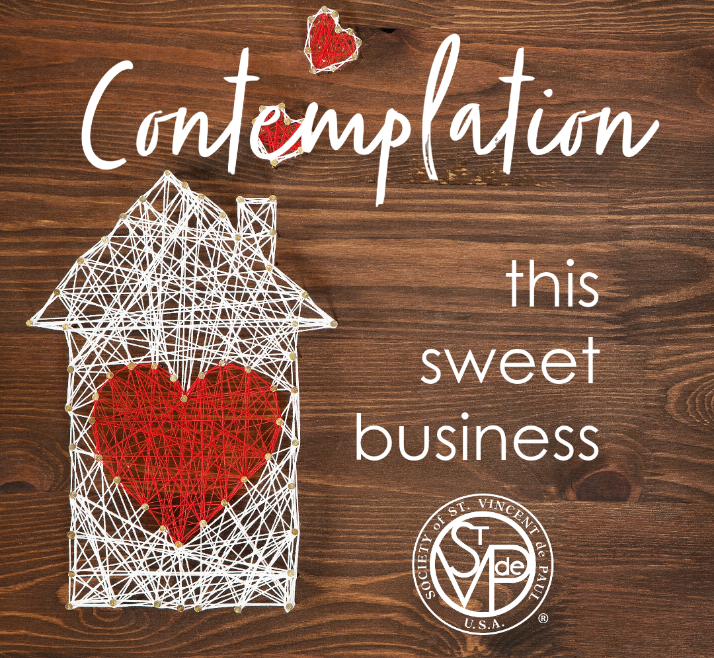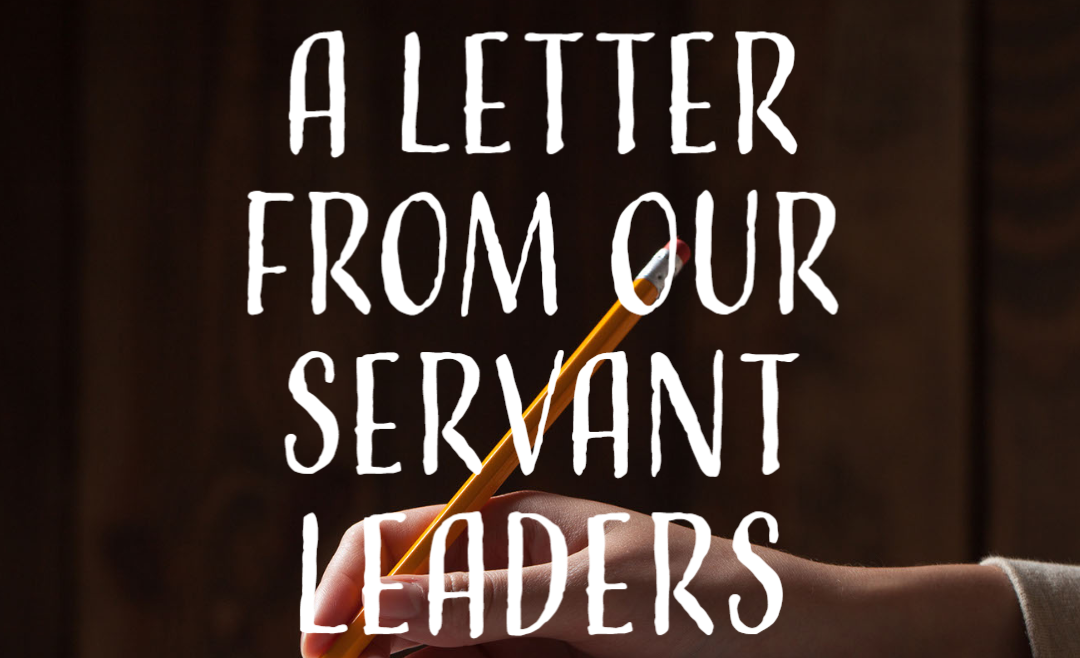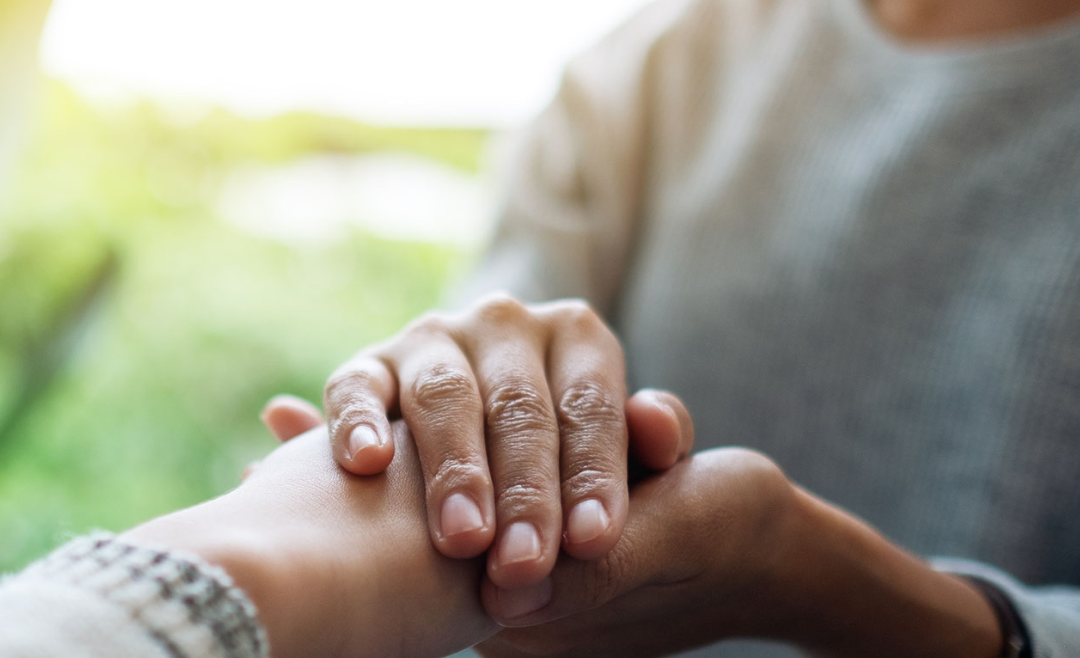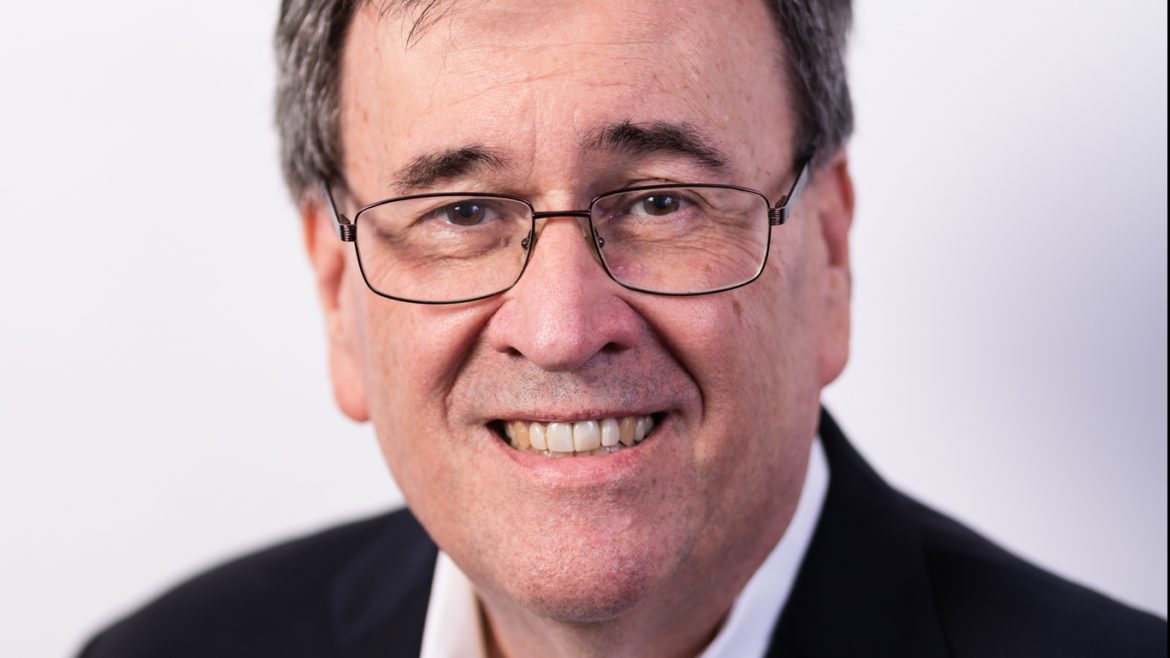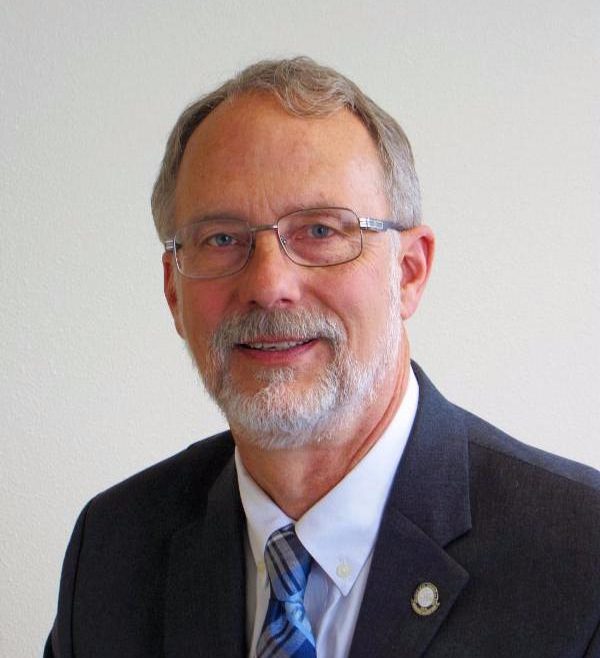“Let us go to the poor!” was the stirring declaration which founded the Society of St. Vincent de Paul. Challenged to demonstrate the good of the church in their modern world, our young founders could find no better way than to imitate Christ, who descended from heaven to visit us in our poverty. [Baunard, 416]
As Christ Himself explained, He “did not come to be served, but to serve”, to give…to visit. The one that hosts is the one in the place of honor; the one that visits is the servant. Our Rule emphasizes this aspect of our vocation explaining that visits to those in need “should be made in their environment” (their homes). [Rule, Part III, St. 8] But where are they? Where is “their environment” except in their home?
Of course, we know that “home” may be usually, but is certainly not always, a house or apartment. Poor prisoners cry out from their prisons, the poor elderly from assisted living facilities, and the poor homeless from the streets. They cry out to us if we have ears to hear them.
Similarly, poverty takes many forms. “Blessed are you who are poor”, Christ tells in the Gospel of Luke. “Blessed are the poor in spirit,” as Matthew recounts this teaching. Whatever the poverty in whatever the home, it is we who are the visitors, we who knock on the door, sit by the bedside, or go to the park bench. After all, as Pope Benedict XVI reminds us “one of the deepest forms of poverty a person can experience is isolation”, and that other kinds of poverty often are “born from isolation … by man’s basic and tragic tendency to close in on himself “. [Caritas in Veritate, 53] How better to alleviate material and spiritual poverty than to break the isolation which contributes to it?
“Home visits,” the Rule continues, “are always made in pairs.” [Rule, Part III, St. 8] By visiting in pairs we continue the tradition begun when Christ sent forth His disciples in pairs. In this way, we begin to evangelize through our “wordless witness”, as two friends in Christ, sharing their time with a neighbor, showing them by our presence that they are not forgotten, letting them know we are Christians by our love, gathering as two with the neighbor as a third, and Christ is in our midst.
Christ offered a gift on His visit: His very life. Although the gifts we bring in the form of food, or money, are much more modest than that, those material gifts also are not really the point of the home visit. Though we may not give our lives as Christ did, Frédéric calls us to give them a little at a time, through every action we take, to “smoke night and day like perfume on the altar.” [Letter 90, to Curnier, 1837]
We are called invest much, to pour our hearts into each visit. And yet, as Frédéric tells us “He who brings a loaf of bread to the home of a poor man often brings back a joyful and comforted heart. Thus, in this sweet business of charity, the expenses are low, but the returns are high.” [Address in Lyon, 1837]
Contemplate
What is my investment in charity, and what is my return?
Recommended Reading
Mystic of Charity (especially Home Visits in the Vincentian Tradition)

